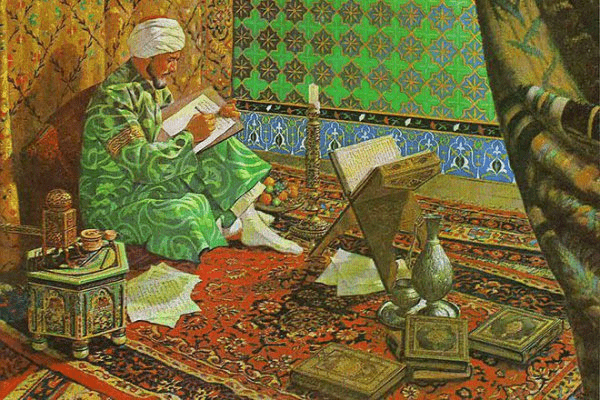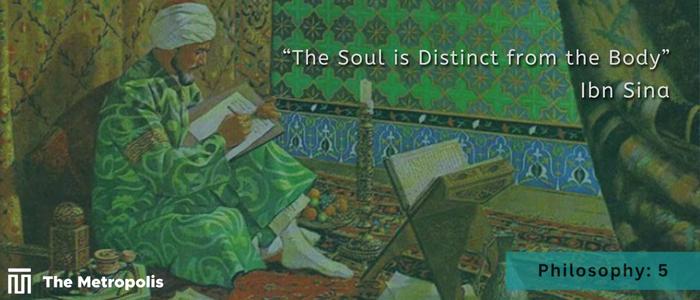Hasan Mahmud-
Ibn Sina, usually known as Avicenna, was a philosopher, physician, and theologian of the Islamic Golden Age. His full name is Abu Ali Husein ibn Abdallah Sina. He is regarded as one of the most important individuals in the development of philosophy and science. His conviction that the soul exists and is different from the body was one of his most important contributions to the philosophical conversation.

Ibn Sina’s philosophy was heavily influenced by the works of Aristotle, and he believed that the soul is an immaterial substance that exists independently of the body. He made the case that the soul is the origin of consciousness, thought, and will and that it controls how the body behaves. Ibn Sina believed that the soul served as the hub for all of a person’s mental abilities, including perception, fantasy, memory, and reason.
Ibn Sina mentioned that the soul has a hierarchical structure, with the intellect, which is in charge of abstract thought and the contemplation of universal truths, being at the top. The rational soul, which is at the second level, is in charge of decision-making and practical reasoning. The sensitive soul, which is in charge of feeling both emotions and physical experiences, is at the third and lowest level.
Ibn Sina held the view that the soul does not require the body to live. He made the case that the soul already exists before conception and endures after death. Contrarily, the soul only uses the body as a physical medium through which to communicate with the outside world. As a result, the body and the soul are separate beings, each with unique attributes and purposes.
Ibn Sina stated in his book “Qitab al-Najat” (Book of Deliverance) that the soul is an ethereal substance that is not made of matter or energy. The rules of physics do not apply to the soul, and they cannot be destroyed physically. He held that the soul is immortal and unbreakable and that it is capable of existing independently of the body.
Ibn Sina also held that although the soul is capable of seeing the world through the senses, its views are constrained by the material realm. He claimed that although the soul can perceive something’s fundamental essence, its comprehension is constrained by the constraints of the physical body. The soul can therefore use its inherent powers to reach a greater level of knowledge and awareness.
The concept of the separation of the soul from the body had a significant influence on the growth of Islamic philosophy and spirituality. It contributed to the growth of Sufism, the mystic branch of Islam, and laid the groundwork for the concept of an everlasting soul. This idea of an everlasting soul became a cornerstone of Islamic philosophy and was accepted by many illustrious thinkers, including al-Farabi and al-Ghazali.
Ibn Sina’s ideas had an impact on Christian and Jewish philosophy as well. Thomas Aquinas incorporated this idea in his book “Summa Theologica” (Summary of Theology), which later became a foundational principle of Christian philosophy. Jewish philosophers such as Maimonides, who claimed that the soul was an immaterial substance capable of existing apart from the body, shared this viewpoint.
The advancement of psychology and neuroscience was significantly influenced by Ibn Sina’s concepts of the soul and body. His conception of the soul as a distinct substance laid the groundwork for dualism, the idea that the mind and the body are two distinct beings. Descartes, who is largely regarded as the founder of modern philosophy, later adopted this concept.
Ibn Sina’s perspectives on the relationship between the body and the spirit are still up for debate in today’s society. Many modern philosophers and scientists disagree with dualism and contend that the mind and body are inextricably linked rather than existing as two distinct things. Despite this, the separation of the soul from the body continues to play a significant role in many theological and philosophical traditions and influences how people view consciousness, the self, and the afterlife.



